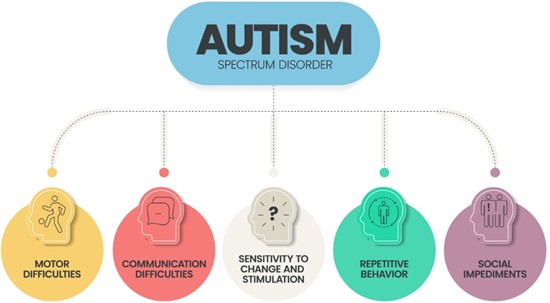A nurse is caring for a school-age child who has acute glomerulonephritis with peripheral edema and is producing 35 mL of urine per hour.
The nurse should place the client on which of the following diets?
Low-sodium, fluid-restricted.
Regular diet, no added salt.
Low-protein, low-potassium diet.
Low-carbohydrate, low-protein diet.
The Correct Answer is A
The nurse should place the client on a low-sodium, fluid-restricted diet.
Acute glomerulonephritis is a kidney disease that can cause fluid retention and edema.
A low-sodium diet can help reduce fluid retention and swelling.
Fluid restriction can also help manage fluid balance and prevent further complications.
Choice B is not the best answer because a regular diet with no added salt may still contain high levels of sodium.
Choice C is not the best answer because a low-protein, low-potassium diet may not address the client’s fluid retention and edema.
Choice D is not the best answer because a low-carbohydrate, low-protein diet may not provide adequate nutrition for the client.
Nursing Test Bank
Naxlex Comprehensive Predictor Exams
Related Questions
Correct Answer is B
Explanation
The correct answer is choiceb. Firmly attached white particles on the hair.
Choice A rationale:
Itching and scratching of the head are common symptoms of pediculosis capitis, but they are not definitive indicators. Itching can be caused by various other conditions such as dandruff or allergies.
Choice B rationale:
Firmly attached white particles on the hair, known as nits, are a definitive sign of pediculosis capitis.Nits are lice eggs that stick to the hair shafts and are difficult to remove.
Choice C rationale:
Thick yellow crusted lesions on a red base are more indicative of impetigo, a bacterial skin infection, rather than pediculosis capitis.
Choice D rationale:
Patchy areas of hair loss are typically associated with conditions like alopecia areata or fungal infections such as tinea capitis, not pediculosis capitis.
Correct Answer is B
Explanation
Behavioral approaches have the most evidence for treating symptoms of Autism
Spectrum Disorder (ASD)1.
Applied Behavior Analysis (ABA) is a notable behavioral treatment for people with ASD that encourages desired behaviors and discourages undesired behaviors to improve a variety of skills.
A reward system for positive behavior is an example of an ABA technique.
Choice A is not correct because allowing for imaginative play with peers without supervision is not a recommended intervention for a child with ASD.
Choice C is not correct because providing a flexible schedule that adjusts to the child’s interests is not a recommended intervention for a child with ASD.
Choice D is not correct because allowing for adjustment of rules to correlate with the child’s behavior is not a recommended intervention for a child with ASD.

Whether you are a student looking to ace your exams or a practicing nurse seeking to enhance your expertise , our nursing education contents will empower you with the confidence and competence to make a difference in the lives of patients and become a respected leader in the healthcare field.
Visit Naxlex, invest in your future and unlock endless possibilities with our unparalleled nursing education contents today
Report Wrong Answer on the Current Question
Do you disagree with the answer? If yes, what is your expected answer? Explain.
Kindly be descriptive with the issue you are facing.
